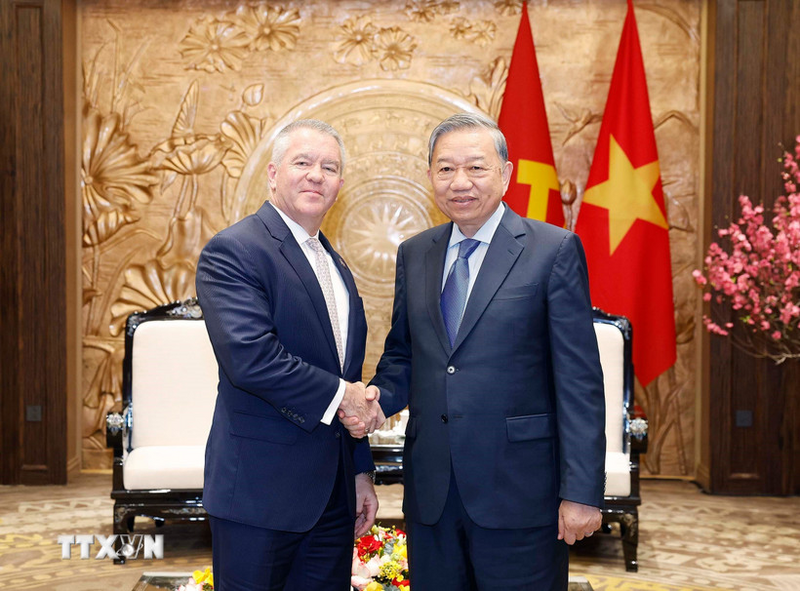
Vietnam ready to deepen comprehensive cooperation with the US
19:05 | 23/03/2025 08:30 | 15/02/2026News and Events
In the context of Vietnam providing a basis for regenerating the economic configuration and enhancing national competitiveness, the supporting industry is considered an important foundation for development. To clarify the changes of Vietnamese enterprises as well as solutions to promote the strong development of this sector, the reporter of the Industry and Trade Newspaper had an interview with Ms. Bui Thi Hong Hanh, Vice President of the Vietnam Association of Supporting Industry Enterprises (VASI), Director of NC Network Vietnam Company, about this issue.
Business proactively reach out to the global supply chain
- Madam, from the perspective of the Vietnam Association of Supporting Industry Enterprises as well as someone who has been involved in the supporting industry and manufacturing industry for many years, how do you evaluate the development of Vietnamese supporting industry enterprises and products in recent times? What solutions have enterprises tried to implement to participate in the supply chain?
Ms. Bui Thi Hong Hanh: I began working in the supporting industry sector in 2006, when the number of enterprises in this field was still very limited, mostly state-owned. At that time, it was extremely difficult to find domestic partners for Japanese companies seeking suppliers in Vietnam. Later on, JETRO started publishing an annual White Paper introducing local enterprises capable of joining the supply chains of Japanese buyers. In the early years (around 2011), the list included just over 100 companies, categorized into “qualified” and “potential” groups. Today, that number has risen to more than 300 enterprises, most of which have secured orders from foreign-invested corporations or are directly engaged in exports.
When the Vietnam Association for Supporting Industries (VASI) was first established, it had just over 40 members. Today, the number of official members has grown to nearly 400 enterprises, and including smaller member groups with only a few dozen employees, the total exceeds 700. Beyond the increase in numbers, the quality of enterprises has also improved remarkably. They have become more proactive, setting their own goals and quality standards instead of merely following customer requests as before. Businesses are now confident enough to challenge technical drawings and propose improved engineering solutions and more efficient production processes.
However, a major limitation still lies in the supply of raw materials. Some pioneering enterprises have begun producing highly sophisticated semiconductor components, no larger than a fingertip but with very high added value, requiring internationally standardized processes, technology and management systems. Although the number of such companies remains small, these breakthroughs, coupled with growing government attention and support, are creating strong momentum for Vietnam’s supporting industries to make a significant leap forward in the coming period.

Ms. Bui Thi Hong Hanh, Vice President of Vietnam Association of Supporting Industry Enterprises, Director of NC Network Vietnam Company.
- One of the key focuses of the Supporting Industry Development Program is to connect domestic enterprises with multinational corporations and manufacturers, both within and outside Vietnam, while also attracting foreign investment into the sector. In recent years, promotion and supply, demand connection activities have been actively implemented, strengthening linkages between Vietnamese companies and FDI partners, as well as fostering cooperation and mutual support among domestic supporting industry enterprises.
Ms. Bui Thi Hong Hanh: In recent years, alongside programs initiated by the Government and the Ministry of Industry and Trade, the Department of Industry has collaborated with the Vietnam Association for Supporting Industries (VASI) to organize numerous business networking and trade connection activities both domestically and internationally. Notably, the exhibition held in Hanoi in September 2025 attracted nearly 400 enterprises, including many international participants, reflecting the strong interest and support of regulatory authorities for the sector’s development.
Vietnamese enterprises have become increasingly proactive in expanding cooperation, not only by participating in association programs but also by independently seeking and engaging with foreign partners to develop products and component clusters for major corporations such as Panasonic. In addition, the Association regularly organizes industry and region-specific meetings, having held more than 30 sessions so far, which have enabled businesses to exchange technical expertise, foster cross-sector collaboration and enhance their production capabilities.
However, there remain gaps in consistency among enterprises, particularly in management capacity, technical mindset and quality control. Some domestic supply chains are still not truly sustainable due to differences in capability between their components. In the coming period, it is essential to continue enhancing technical competence, management skills, and quality standards across enterprises, while strengthening linkages, training, and technology transfer. These efforts will help build a robust supporting industry network capable of deeper participation in global value chains.
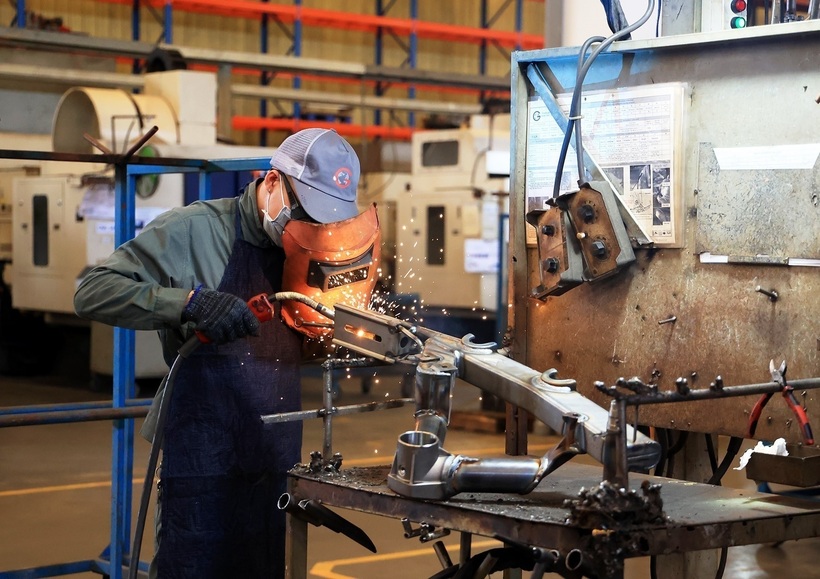
It is time for Vietnam’s supporting industries to confidently step up to a new level, not merely as satellites, but as proactive and indispensable links within the global supply chain.
Substantive policy and stronger links
- In your opinion, what challenges still need to be addressed in the coming period? How does the new context require changes in the orientation and implementation of activities to promote the development of Vietnam’s supporting industries?
Ms. Bui Thi Hong Hanh: From the Association’s perspective, existing challenges can be divided into two groups: subjective and objective factors.
On the subjective side, the biggest weakness still lies in the technical capacity of enterprises. Although some companies have mastered technology and are able to supply products to major corporations, their number remains limited. Many small businesses lack dedicated research and development departments, as well as a skilled technical workforce and young workers passionate about the industry. Therefore, in addition to their own efforts, enterprises need greater support in training, research and development and market connectivity to enhance their production capabilities and competitiveness.
On the objective side, the major challenges currently involve industrial real estate, investment capital, and access to policy support. Land rental and purchase costs in industrial zones remain high, making them unsuitable for small-scale enterprises. At the same time, investing in modern machinery and technology requires substantial capital, yet access to preferential credit packages and government support policies is still limited.
In response to new demands, enterprises need to be more proactive in learning, adopting new technologies, upgrading their products, and shifting from simple component processing to the production of complete component modules. At the same time, the Association is intensifying its training and technical networking activities, organizing three to four thematic sessions each month to connect domestic enterprises with FDI partners and expand its international network. In 2026, the Association will open representative offices in Japan (Osaka and Tokyo) to support Vietnamese enterprises in accessing foreign markets and providing after-sales services abroad.
The Association is also actively building connections with FDI corporations such as Fuji, holding regular meetings to discuss products and technical solutions, thereby helping Vietnamese enterprises move closer to international standards. At the same time, specialized industry exhibitions are becoming vital “gateways” for attracting international buyers. Over the past year alone, more than 1,000 buyers from the United States, Europe and Japan have come to Vietnam in search of local partners, reflecting the growing attractiveness and potential of the country’s supporting industry sector.
In addition, the Association also organizes competitions for young technicians, cooperates with the Japan Vietnam Molding Club (JVMC), creates a playground for students and businesses to demonstrate their abilities and gradually integrate internationally.
Regarding policy recommendations, the Association proposes the following:Implement flexible policies for renting and purchasing factory spaces to enable small enterprises to participate more deeply in supply chainsReduce lending costs and review VAT policies on manufacturing investment equipmentEstablish a monthly dialogue mechanism between the Department of Industry, local Departments of Industry and Trade and the Association to directly address enterprises’ challengesExpand supporting industry exhibitions in both the North and the South to enhance trade promotion opportunitiesAllow the Association to participate in proposing and evaluating profiles of supporting industry enterprises to ensure fairness, transparency, and reduced administrative procedures.If implemented in a coordinated manner, these concrete actions will not only help Vietnam’s supporting industry enterprises strengthen their internal capacity but also advance further into global value chains, affirming a new position for the sector in the era of international integration.
Thank you very much!

19:05 | 23/03/2025 08:30 | 15/02/2026News and Events
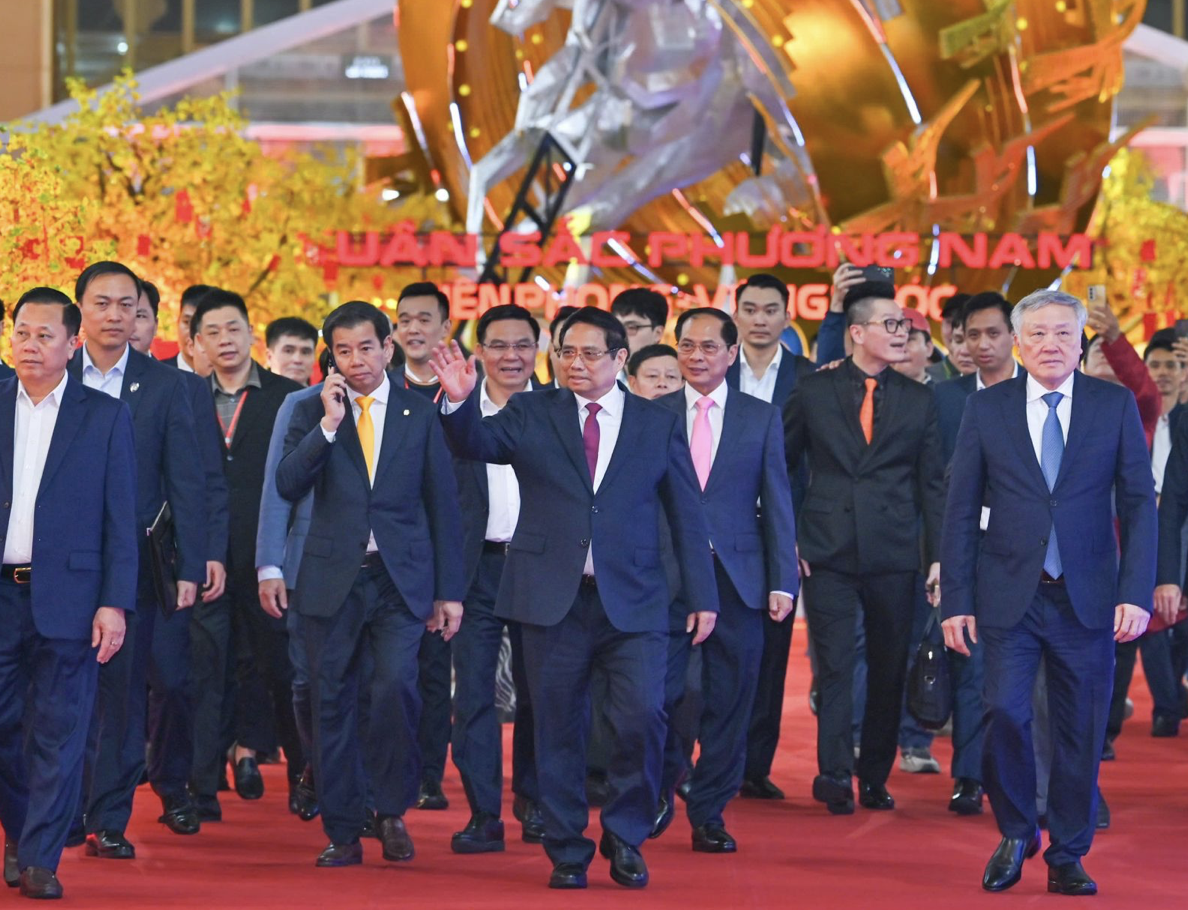
19:05 | 23/03/2025 08:25 | 15/02/2026News and Events
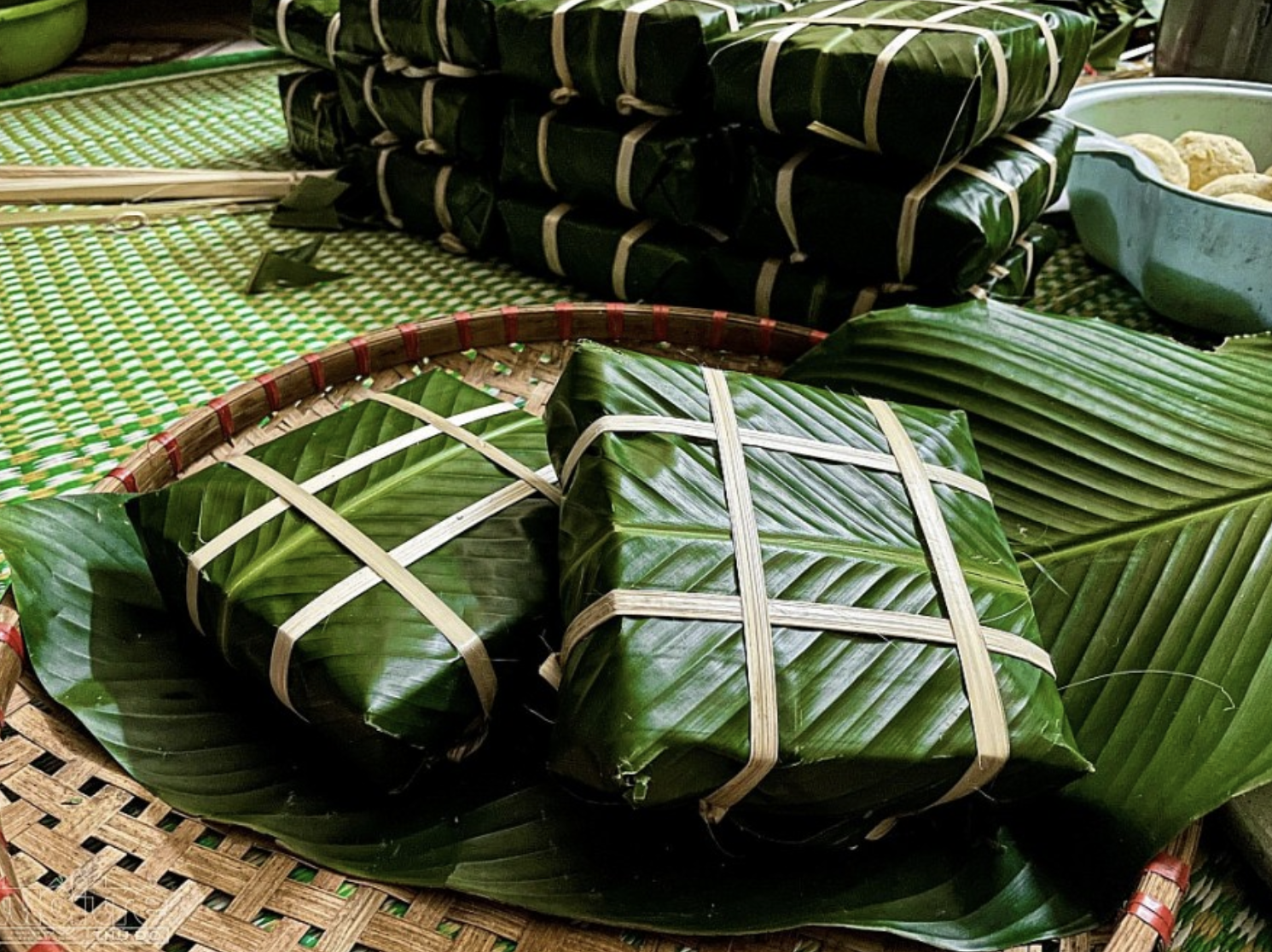
19:05 | 23/03/2025 16:44 | 14/02/2026Tourism
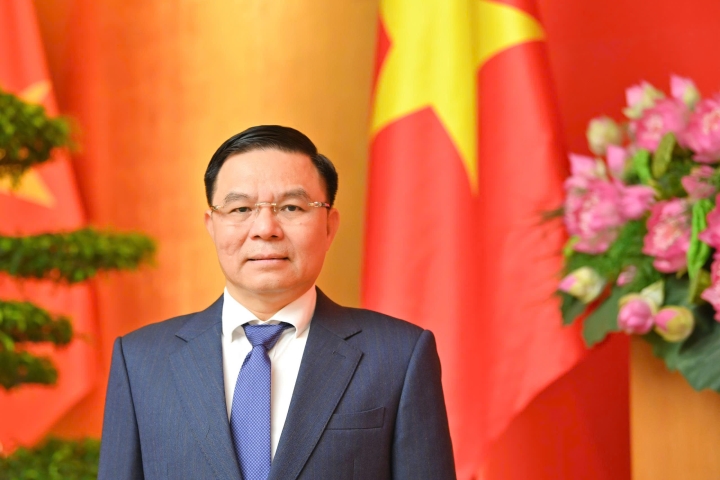
19:05 | 23/03/2025 16:33 | 14/02/2026Home Page
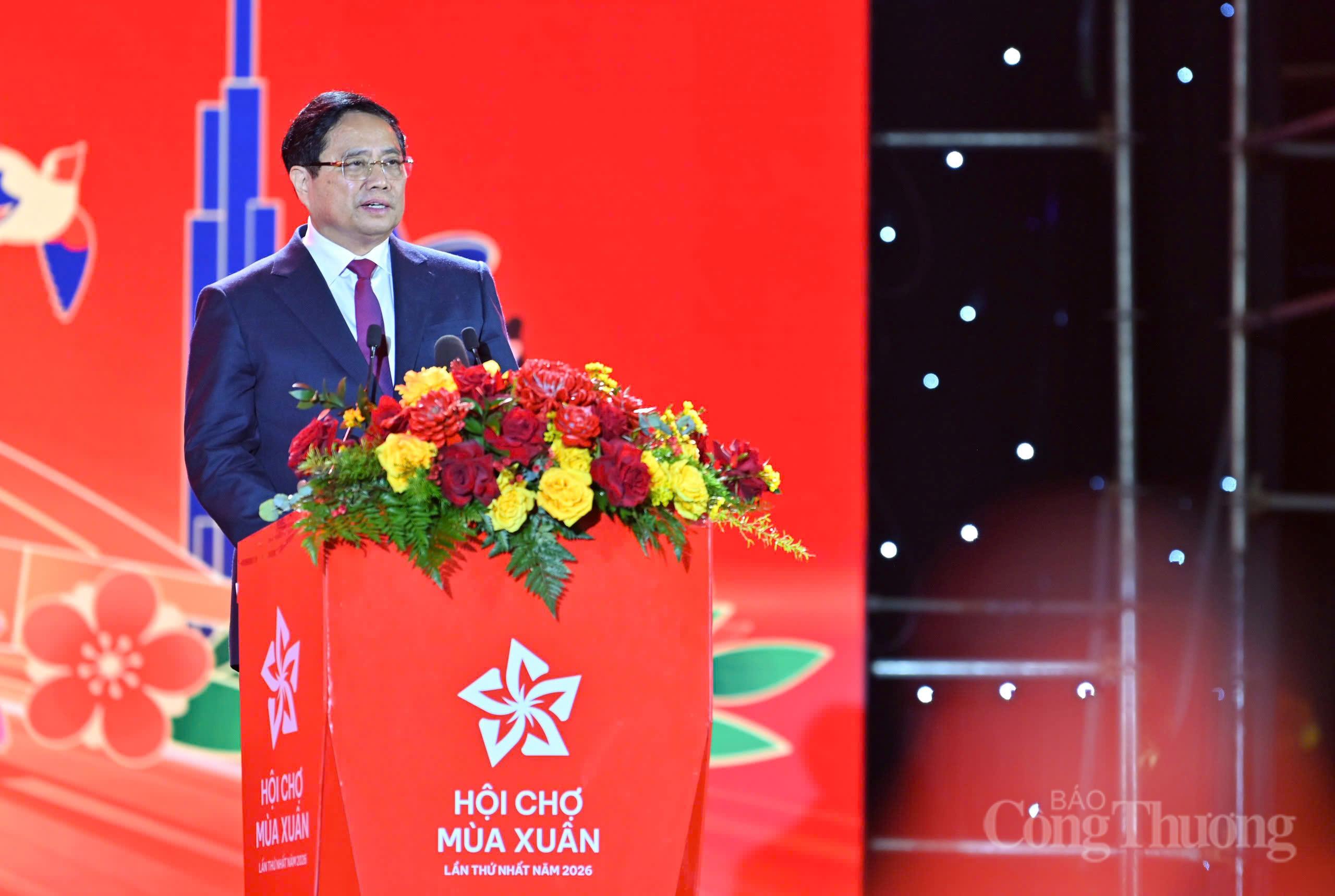
19:05 | 23/03/2025 16:32 | 14/02/2026Trade